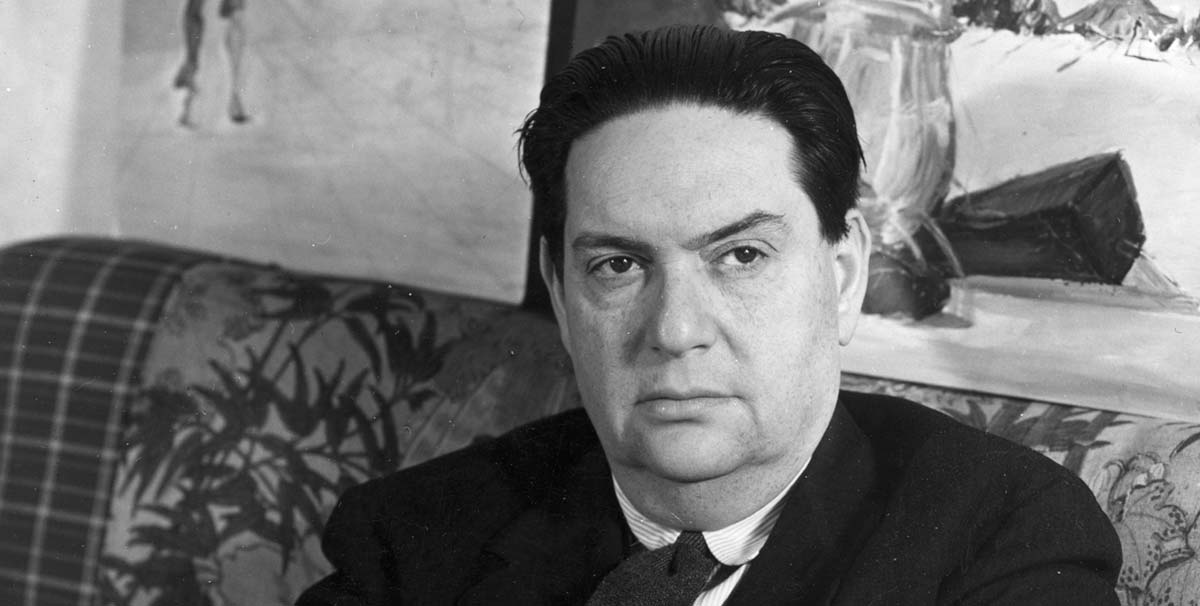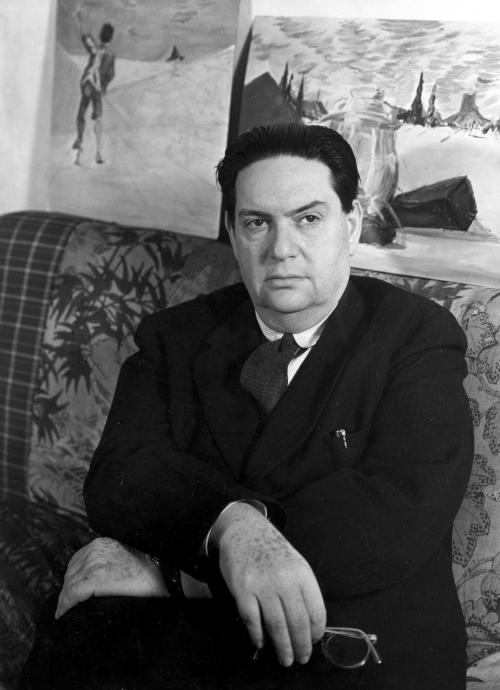Darius Milhaud, a pioneering figure in 20th-century classical music, left an indelible mark on the world of composition with his innovative style and diverse influences. Here are 10 fascinating facts about this remarkable composer:
- Early Life: Darius Milhaud was born on September 4, 1892, in Aix-en-Provence, France. Growing up in a Jewish family, he was exposed to a rich cultural heritage that would later influence his compositions.
- Musical Prodigy: Milhaud showed exceptional musical talent from a young age. He began studying violin, piano, and composition at the Paris Conservatoire when he was just ten years old.
- Eclectic Influences: Milhaud was deeply influenced by a wide range of musical styles, including jazz, Brazilian music, and traditional Jewish melodies. He incorporated elements of these diverse genres into his compositions, creating a distinctive and vibrant sound.
- Member of “Les Six”: Milhaud was a member of “Les Six,” a group of six French composers who were active in Paris during the 1920s. The group, which also included composers such as Francis Poulenc and Arthur Honegger, rebelled against the musical traditions of the time and embraced a more modern and eclectic approach to composition.
- Prolific Composer: Over the course of his career, Milhaud composed over 400 works, including symphonies, operas, ballets, chamber music, and film scores. His output was characterized by its diversity and experimentation, ranging from neoclassical to avant-garde styles.
- Influence of Brazil: Milhaud spent time in Brazil as a cultural attache in the 1940s, where he was deeply inspired by the country’s music and culture. His experiences in Brazil had a significant impact on his compositions, infusing them with rhythmic vitality and exotic harmonies.
- “La Création du Monde”: One of Milhaud’s most famous works is “La Création du Monde” (The Creation of the World), a ballet score inspired by African creation myths. Premiered in 1923, the piece is notable for its use of jazz elements, including syncopated rhythms and bluesy melodies.
- Teaching Career: In addition to his work as a composer, Milhaud was a highly respected teacher. He taught composition at Mills College in California for over two decades, where he mentored several prominent American composers, including Dave Brubeck and Burt Bacharach.
- Survivor of World War II: During World War II, Milhaud fled France due to the Nazi occupation and sought refuge in the United States. Despite facing personal and professional challenges during this time, he continued to compose and teach, maintaining his artistic integrity in the face of adversity.
- Legacy: Darius Milhaud’s legacy endures as one of the most innovative and influential composers of the 20th century. His eclectic style, adventurous spirit, and commitment to musical experimentation continue to inspire musicians and audiences around the world to this day.


Comments are closed